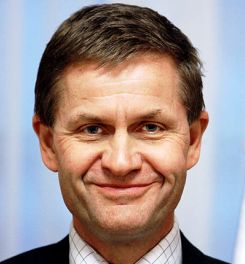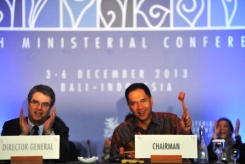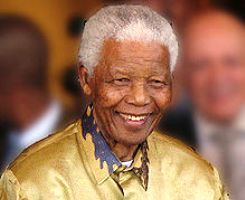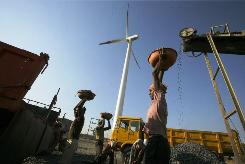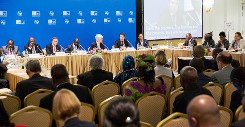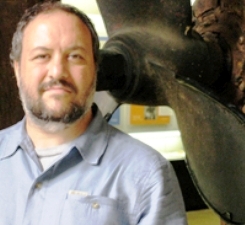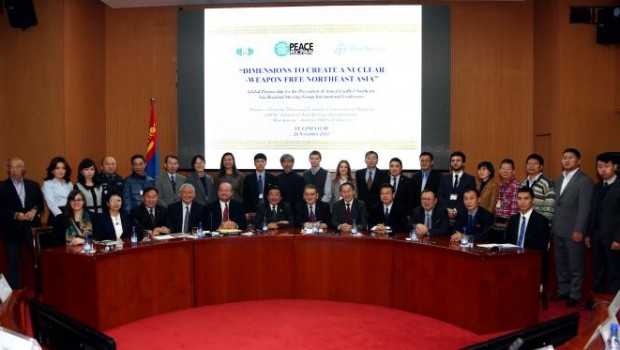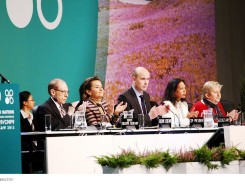By Erik Solheim* | IDN-InDepth NewsDocument
While the international community has learned much about what works in terms of reducing poverty, and the world is on track to achieve the Millennium Development Goal (MDG) target of halving the proportion of people whose income is less than USD 1.25 a day, it is far from achieving the overarching MDG goal of eradicating extreme poverty. Subsequently, “getting to zero” remains a challenge in the face of the intractable difficulties of reaching those mired in extreme poverty, says the OECD Development Co-operation Report (DCR) 2013, which explores what needs to be done to achieve rapid and sustainable progress in the global fight to reduce poverty. But Erik Solheim, a former Norwegian Minister of International Development, and current Chair of the OECD Development Assistance Committee, insists in an Editorial to the Report that ‘We Can, And Must, End Poverty’.

